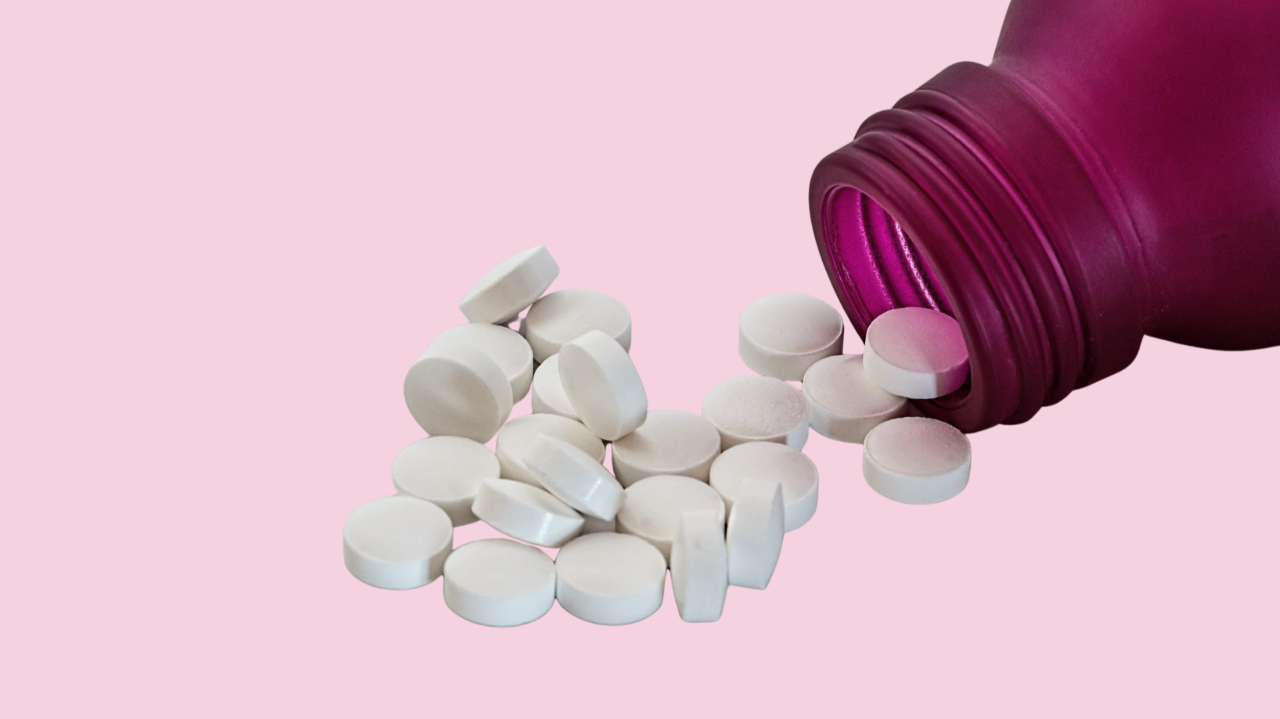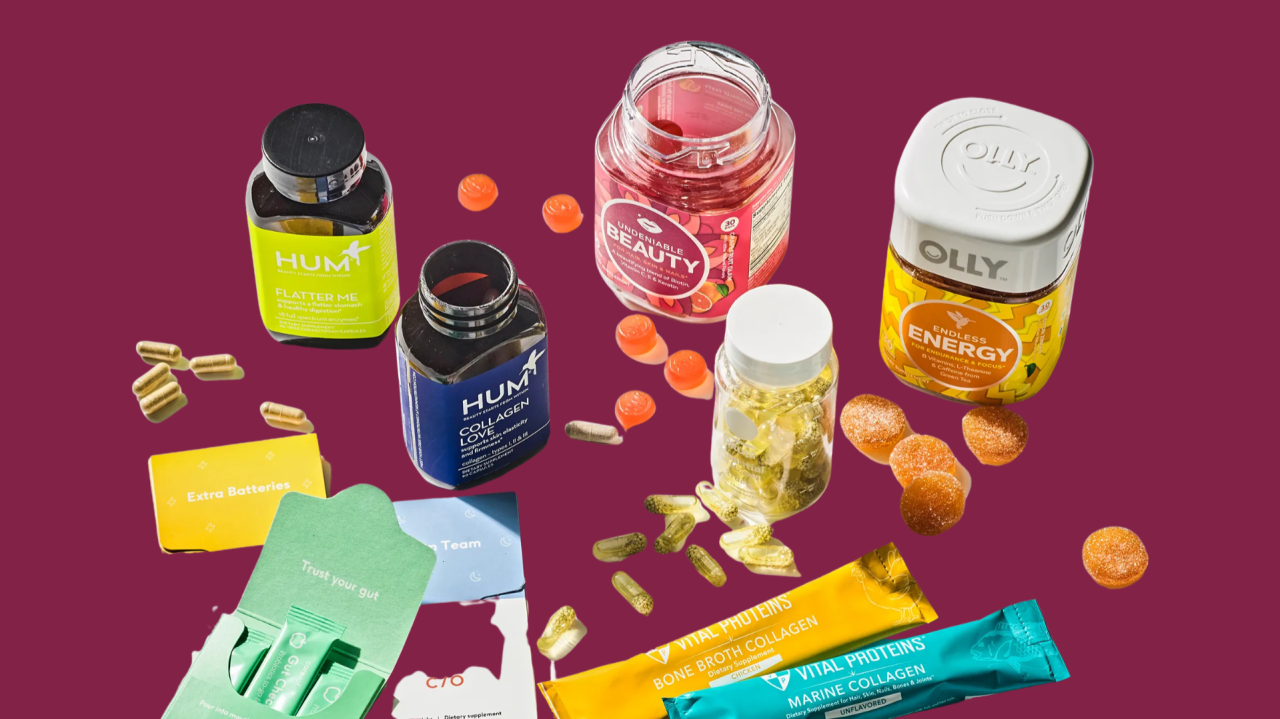You’ve probably seen the ads. Kourtney Kardashian’s Lemme supplement range is everywhere. Wellness blogs, TikTok, the press, and now, in a few legal headlines too.
So let’s talk about it from a regulatory perspective. Because while celebrity brands often get the spotlight, they’re still held to the same standards as everyone else. Or at least… they should be.
The Problem with Promises
Take Lemme GLP-1 Daily for example. It’s marketed as a natural alternative to GLP-1 medications like Ozempic. Sounds clever, right? Claims to curb hunger, support weight loss, and boost your body’s GLP-1 levels naturally.
The issue? These are serious health claims. And without proper substantiation (i.e., robust, independent scientific evidence), it doesn’t fly. Two class-action lawsuits have already been filed in the US arguing just that: the product is misleading and overpromising.
That’s not just bad practice. It’s a compliance red flag.
What the Ingredients Actually Tell Us
Lemme GLP-1 Daily includes ingredients like lemon extract, saffron, and red orange extract. Are they bad? No. Are they miracle workers? Also no.
Some early-stage studies suggest mild benefits, but most of the research is either funded by the ingredient suppliers or not strong enough to support the sweeping claims on the label. And that’s the bit that matters from a regulatory standpoint.
If you’re going to talk about appetite suppression, metabolism, hormone response, or anything health-related, you need proper evidence. Not influencer testimonials. Not PR spin. Actual, peer-reviewed, reliable data.
It’s Not Just This Product
Other products in the Lemme range, Lemme Purr for vaginal health, Lemme Debloat, and the rest, follow a similar pattern. Slick branding, lots of lifestyle marketing, and not much in the way of clear, compliant claims.
The supplement space is flooded with products trying to “go viral,” but if you’re cutting regulatory corners to do it, you’re setting yourself (and your consumers) up for a fall.
So, What’s the Lesson Here?
Celebrity or not, regulations apply. Supplements aren’t harmless little add-ons to your wellness routine, they’re consumed by people trying to support their health. That comes with responsibility.
If you’re developing or launching a supplement brand, ask yourself:
- Can I back up the claims I’m making?
- Are my labels and marketing materials compliant in the regions I’m selling in?
- Do I actually understand the difference between a health claim, a nutrition claim, and just fluffy language?
If not, it’s time to get help before you end up in a headline.
Compliance isn’t there to kill creativity. It’s there to protect consumers and give your brand credibility.
You can be exciting and accurate. Marketable and legal.
Want to get it right? That’s where we come in.


 By admin
By admin
.svg) May 02, 2025
May 02, 2025







